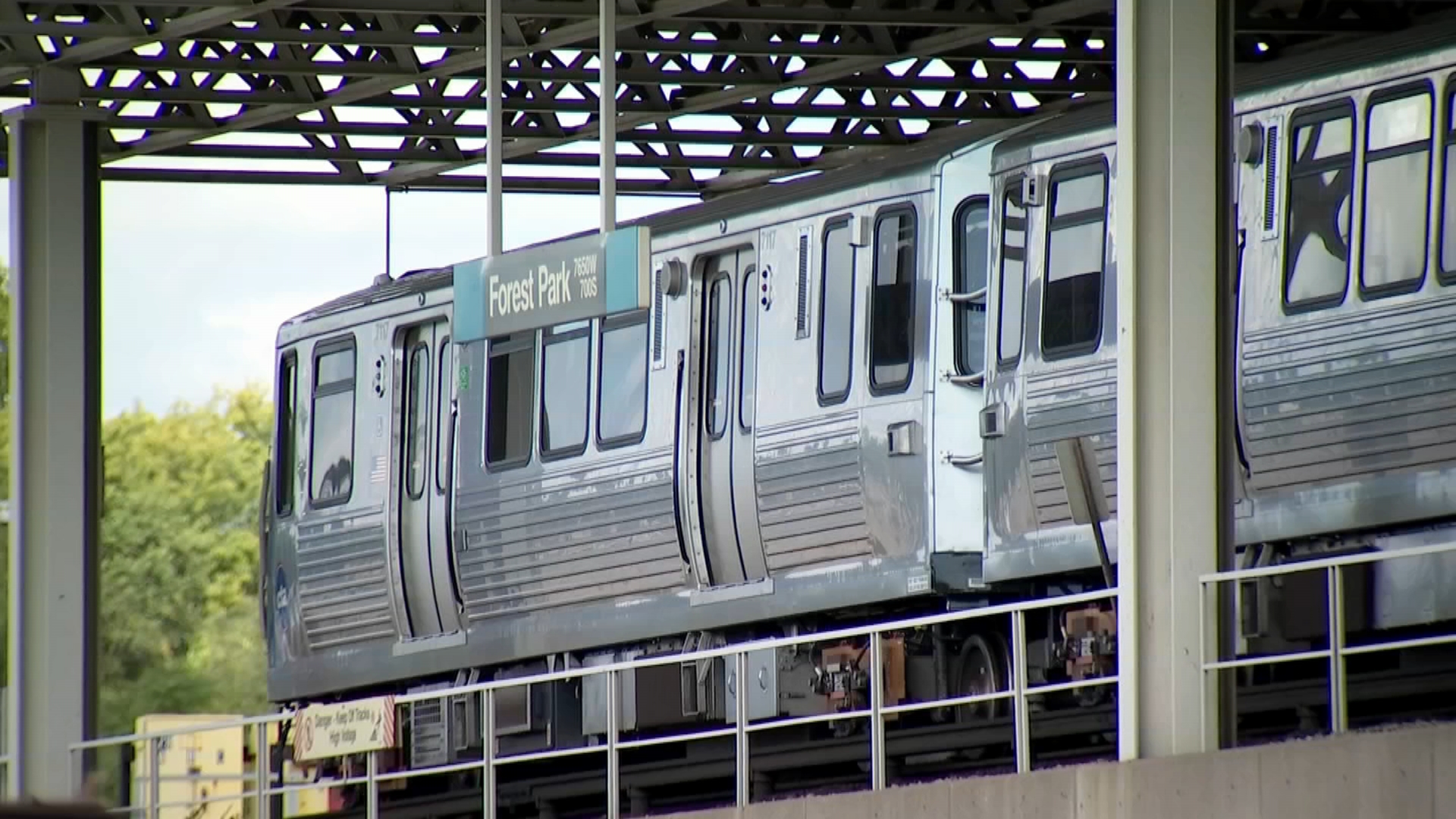Bundle up because it appears the Chicago area is in for a “polar coaster” this winter, according to the latest prediction from the Farmers’ Almanac.
The annual long-range weather forecast predicts Chicago and a portion of the Midwest will likely see a frozen and snowy season.
The 2019-20 winter outlook published in the Farmers’ Almanac, which says it bases its long-range forecasts on a “mathematical and astronomical formula” developed in 1818, indicates “freefalling, frigid” temperatures will likely take hold “from the northern Plains into the Great Lakes.”
The coldest outbreak, according to the prediction, is set for the final week of January, lasting through the beginning of February. This comes after what the almanac predicts will be a “memorable storm.”
The forecast calls for above-normal winter precipitation in the Midwest and Great Lakes with a storm “producing hefty snows” in the third week of January for those northeast of the Texas Panhandle and in the western Great Lakes.
“This system will cause temperatures to plummet and drag the coldest Arctic air across the rest of the country into the beginning of February.”
Making matters worse, the prediction indicates winter will linger across the area with “occasional wet snow and unseasonably chilly conditions” hanging on possibly through April.
Local
Last year, the Farmers' Almanac predicted teeth-chattering temperatures and above-normal precipitation.
In an average winter in Chicago, the area sees 36.7 inches of snow. Last winter, there were 39.4 inches, records show.
Temperatures from December through February averaged 26.4 degrees, just under the typical average of 26.7 degrees.
Meanwhile, the National Weather Service's longe-range outlook shows the possibility of above-normal temperatures in November, December and January.
Meteorologists often caution against predictions this far in advance, though patterns can sometimes point to seasonal trends for an area. One snowstorm or one polar outbreak can change the outlook dramatically.
So what does this mean?
We will likely have to just wait and see. For now, enjoy what’s left of summer, Chicago.



